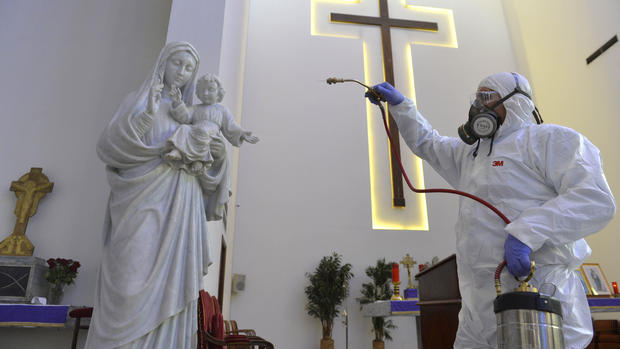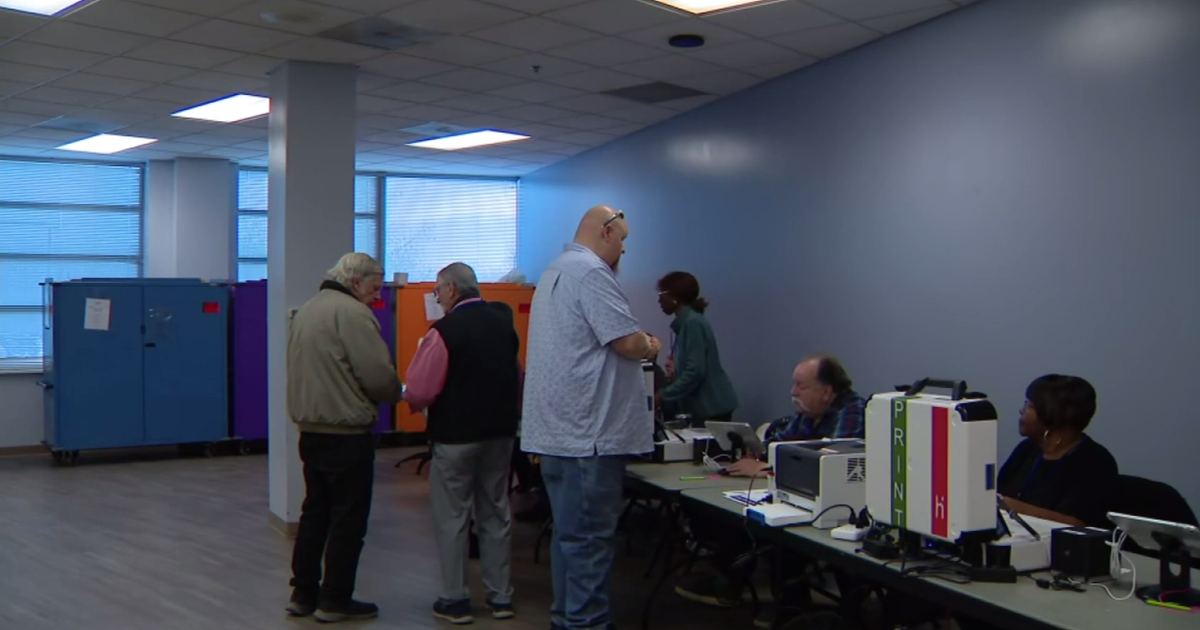No, you won't contract coronavirus from a package you receive in the mail
Can the new coronavirus hitch a ride on packages delivered to your home from across the U.S. or overseas? Experts say there's really no reason to worry — it's extremely unlikely that the illness could ever be transmitted that way.
An Amazon worker in Seattle — the area where the deadliest cluster of cases in the U.S. has been centered — recently tested positive for the virus and is now in quarantine, a spokesperson told CBS News on Thursday. Amazon, the biggest tech company in the region, decided Wednesday to ask all employees in the area to work from home if possible through the end of the month.
Many of the suppliers used by Amazon and other U.S.-based companies are based in China, where the virus originated. The connection has caused some to fear that packages coming to their homes could be affected.
While it is theoretically possible that the virus could be present on the surface of a package, experts say it wouldn't last long. Dr. Jack Caravanos, clinical professor of Environmental Public Health Sciences at the NYU School of Global Public Health, told CBS News on Thursday that it is "highly improbable" due to the length of the journey and the harsh conditions it would face en route.
The coronavirus has "some environmental longevity (hours to days) depending on temperature, surface conditions, time and humidity," Caravanos said. But as the World Health Organization explains, "it is very unlikely that the virus will persist on a surface after it has been moved, travelled, and exposed to different conditions and temperatures."
"At this time, I truly believe viral transmission by contaminated packages is very unlikely." Caravanos said. "I would not take any special precautions opening or handling packages or envelopes."
"I have not seen any evidence to support transmission of the new coronavirus through mail and experts universally feel that the risk of spread from mail or packaging that is shipped over a period of days or weeks at ambient temperatures is remote," Dr. Michael Merson, a dean's special adviser at the New York University School of Global Public Health, told CBS News on Thursday.
"Shipping conditions are usually not conducive to the virus remaining viable," he said. "The disease is spread primarily by respiratory droplets directly from one person to another and this should be our focus."
The World Health Organization puts it bluntly: "People receiving packages from China are not at risk of contracting the new coronavirus. From previous analysis, we know coronaviruses do not survive long on objects, such as letters or packages."
Doctors and public health officials maintain that the best way to protect yourself from the coronavirus is by washing your hands frequently and thoroughly. You should also avoid touching your eyes, nose and mouth with unwashed hands, avoid contact with sick people, cover your mouth when you cough and sneeze, and disinfect objects and surfaces frequently.
CBS News chief medical correspondent Dr. Jon LaPook explains the best way to wash your hands in the video below:





